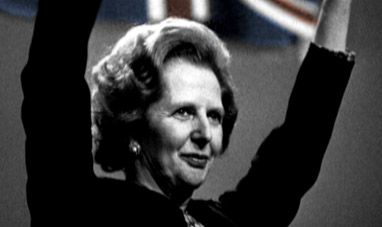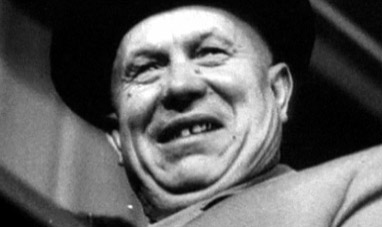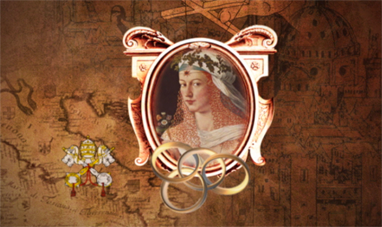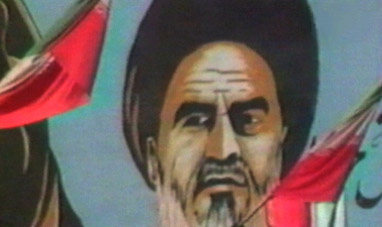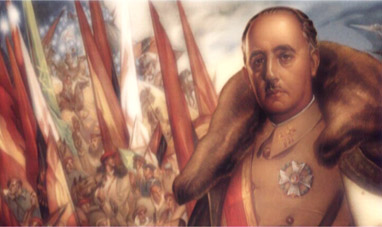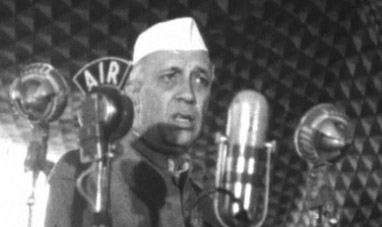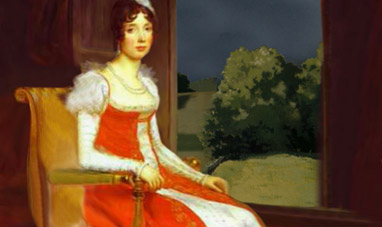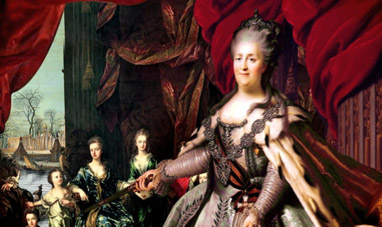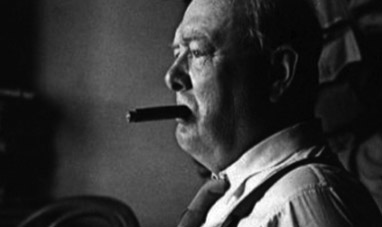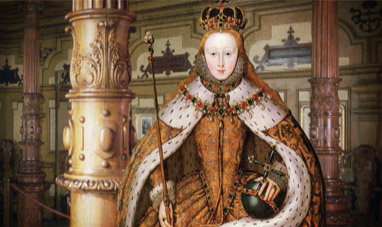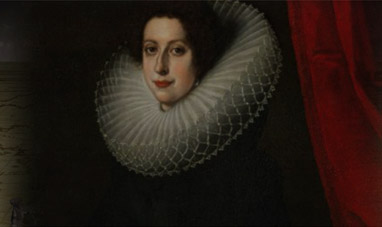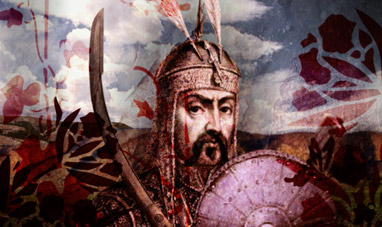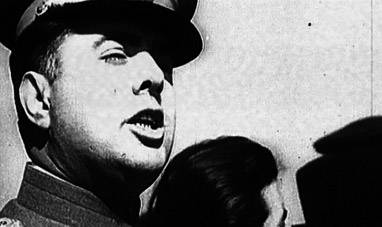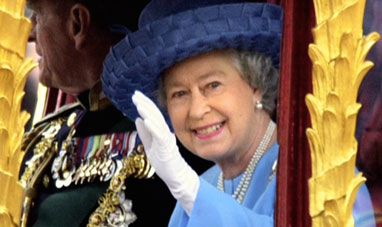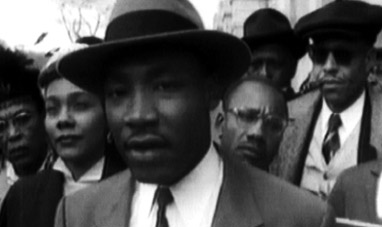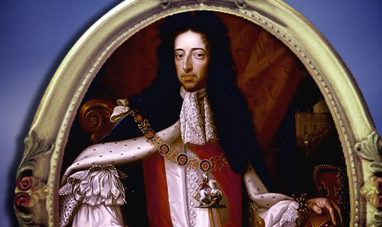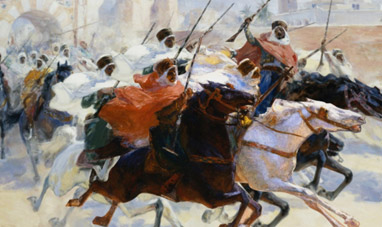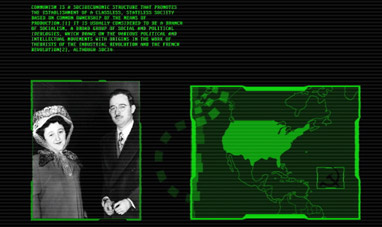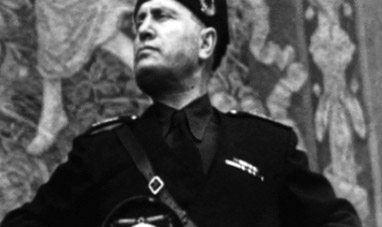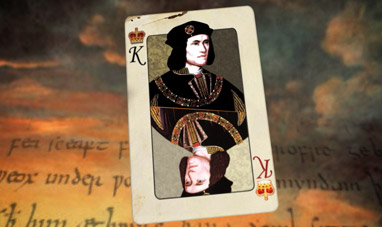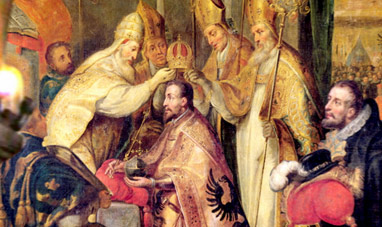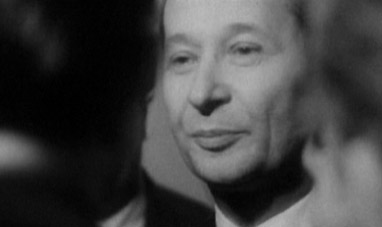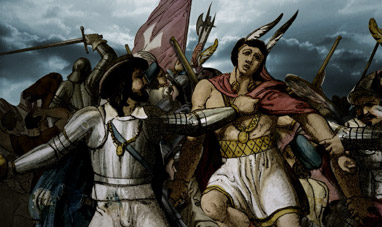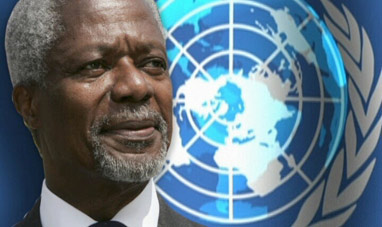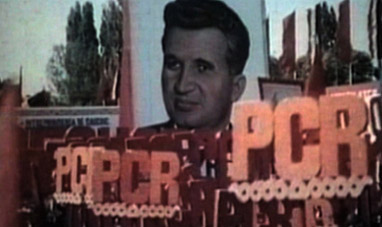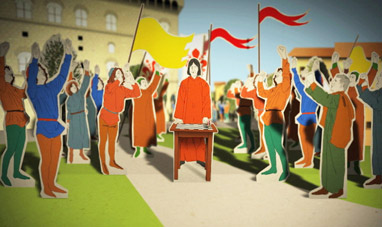Charles Martel was the forefather of the Carolingian dynasty, the first leader in one of the most important royal lineages in European history. He was born around 689 in the castle of Herstal, in modern-day Belgium, the illegitimate son of Pepin II, minister to the Frankish king Theuderic III. The Franks, a people with Germanic origins, ruled over a territory that included present day France, Belgium and Western Germany. Their territory was divided into various kingdoms, governed by ministers called mayors of the palace. Officially they were subject to the king’s rule, but in reality they governed with full power and could pass their titles on to their own descendents.
Charles’ father, Pepin II, was mayor of the palace of both Austrasia and Neustria. He died in 714 and a struggle erupted over his title: on one side the title was claimed by his illegitimate son Charles; and on the other it was claimed by Pepin’s grandson, Theudoald, who was only 6, but backed by his grandmother, Plectrude.
Plectrude had Charles imprisoned and Theudoald placed on the throne. But the new mayor of the palace was weak. Neustria and Aquitaine moved against him. There were also uprisings in Austrasia. In 715 Charles recovered his freedom and led the Austrasia rebels against Theudoald: two years later Charles replaced Theudoald on the throne. In 719 he finally beat Neustria and Aquitaine in a battle at Soissons. He had become the most powerful Frank, though technically he wasn’t their king. In 732 Arabs who had established garrisons in Spain in 711 sacked and plundered Aquitaine. The Duke of Aquitaine asked Charles for help. Charles fought the Arabs at Poitiers in October, 732. Although outnumbered, the Franks won. The victory earned Charles the nickname “Martel,” which some scholars attribute to martellus, Latin for hammer, while others attribute to little Mars, the Roman god of war.
The victory at Poitiers was long considered a decisive event in European history, because it was thought to have halted Arab expansion on the continent. Today, however, many historians claim that the Arab force it stopped wasn’t a full-scale invasion, but simply a raid.
Charles’s military reforms, which included increasing the role of heavy cavalry in the army, were of great historical importance. In order to create a new class of mounted soldiers, Charles confiscated ecclesiastical property and gave it men he trusted, on the condition that they keep a warhorse and provide military service to the mayor of the palace. In this way Charles established the foundations for the feudal system that would remain in use in Europe for centuries. Charles died at Quierzy-sur-Oise on October 22, 741. Ten years later his son Pepin became king, officially inaugurating the Carolingian dynasty. His grandson Charlemagne would found the Holy Roman Empire, reuniting Europe.
Charles’ father, Pepin II, was mayor of the palace of both Austrasia and Neustria. He died in 714 and a struggle erupted over his title: on one side the title was claimed by his illegitimate son Charles; and on the other it was claimed by Pepin’s grandson, Theudoald, who was only 6, but backed by his grandmother, Plectrude.
Plectrude had Charles imprisoned and Theudoald placed on the throne. But the new mayor of the palace was weak. Neustria and Aquitaine moved against him. There were also uprisings in Austrasia. In 715 Charles recovered his freedom and led the Austrasia rebels against Theudoald: two years later Charles replaced Theudoald on the throne. In 719 he finally beat Neustria and Aquitaine in a battle at Soissons. He had become the most powerful Frank, though technically he wasn’t their king. In 732 Arabs who had established garrisons in Spain in 711 sacked and plundered Aquitaine. The Duke of Aquitaine asked Charles for help. Charles fought the Arabs at Poitiers in October, 732. Although outnumbered, the Franks won. The victory earned Charles the nickname “Martel,” which some scholars attribute to martellus, Latin for hammer, while others attribute to little Mars, the Roman god of war.
The victory at Poitiers was long considered a decisive event in European history, because it was thought to have halted Arab expansion on the continent. Today, however, many historians claim that the Arab force it stopped wasn’t a full-scale invasion, but simply a raid.
Charles’s military reforms, which included increasing the role of heavy cavalry in the army, were of great historical importance. In order to create a new class of mounted soldiers, Charles confiscated ecclesiastical property and gave it men he trusted, on the condition that they keep a warhorse and provide military service to the mayor of the palace. In this way Charles established the foundations for the feudal system that would remain in use in Europe for centuries. Charles died at Quierzy-sur-Oise on October 22, 741. Ten years later his son Pepin became king, officially inaugurating the Carolingian dynasty. His grandson Charlemagne would found the Holy Roman Empire, reuniting Europe.



